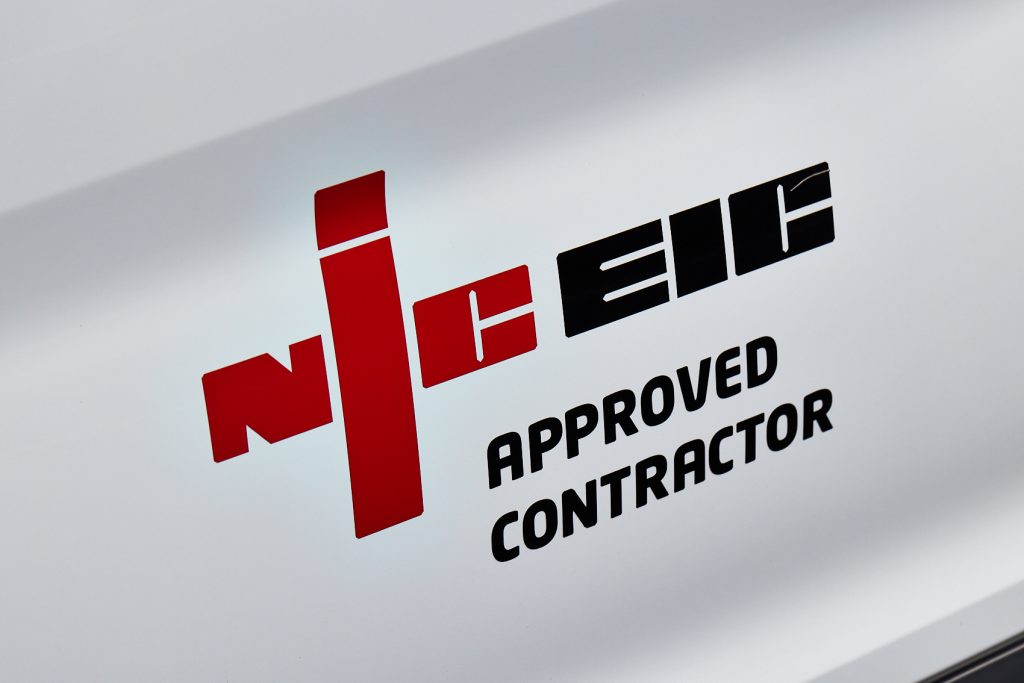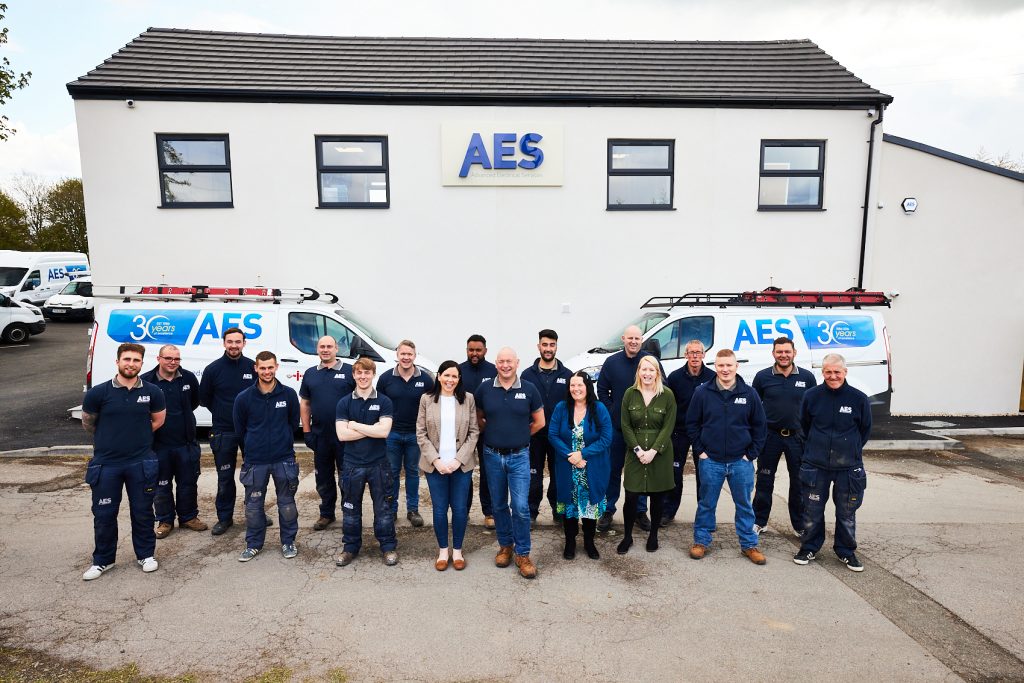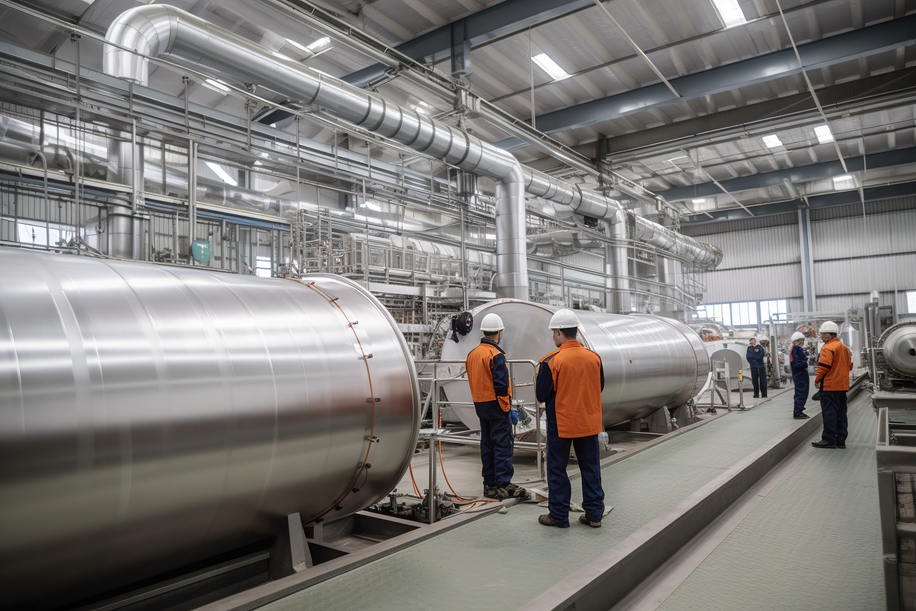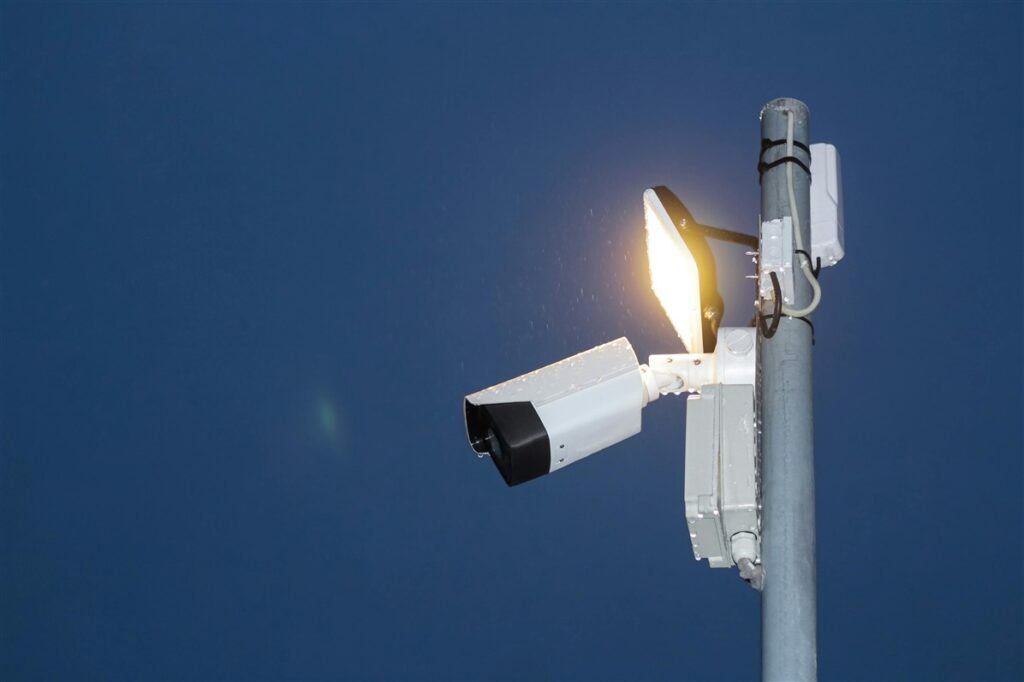5 Key questions in choosing an electrical contractor
If you’re planning a major electrical installation or upgrade at your commercial premises, you’ll need an electrical contractor.
But a quick search on the internet will show you thousands of electrical contractors, possibly hundreds just in your local area. So how do you know which is right for your business?
This article looks at the five key questions in choosing an electrical contractor to ensure you don’t get caught out.
1. Is your electrical contractor accredited by a professional body?

It’s a bit of a trick question – because the answer should always be ‘yes’, but it’s important you know what to check for.
As an absolute minimum, your electrical contractor should be registered with a government-approved registering body. The most common in the UK is the National Inspection Council for Electrical Installation Contracting – or NICEIC.
To be qualified by NICEIC, contractors must undergo assessments and regular reassessments. The easiest way to check a contractor is registered with NICEIC is to ask for their NICEIC registration number. If a contractor cannot prove their accreditation, you should discount them immediately.
As well as NICEIC, you should look for accreditations that demonstrate health and safety compliance.
Two key accreditations to look out for are CHAS (Contractors Health and Safety Assessment Scheme) and SafeContractor. Accreditation or membership with either or both means your electrical contractor meets all necessary health and safety requirements and complies with government legislation.
You should also ask for proof of insurance and ensure the level of cover is adequate for the size of the project and the risk involved.
2. Does your electrical contractor require specialist knowledge, training or accreditation?
A specialism isn’t always necessary, but some electrical contracting work remains quite niche. For example, not all electrical contractors are qualified to install EV charging points.
Another thing to consider is the location of the work. If you have hazardous or ATEX areas, you’ll need a contractor who understands the guidelines and regulations for working in these areas.
AES is one of a small number of electrical contracting businesses qualified to work in ATEX environments under CompEx (Competency working in Explosive atmospheres) accreditation.
If your project involves working at height, your contractor will need the relevant licences or training.
A specialist isn’t necessary for straightforward electrical installations, but there may be some aspects of the work you haven’t considered. If in doubt, look for a contractor with experience working in other businesses like yours.
3. Does your electrical contractor have relevant experience?
Not all buildings, businesses or projects are the same, and if your project is quite specialist, you should choose an electrical contractor with a proven track record.
Perhaps your building is listed or heritage, in which case there may be special considerations or restrictions when carrying out lighting or electrical upgrades or alterations.
If you’re a manufacturing business with a high volume of plant machinery and equipment, your requirement will be much more complex than that of a small office unit. Choose a contractor who works with other manufacturers.
Maybe you’re looking to install a new control and automation system in your factory? Not all electrical contractors will have specialist knowledge in this area, so you’ll need to look for a company, like AES, that does.
Look for contractors who have relevant experience in what you need. If you aren’t sure, ask for case studies or client feedback from past projects.
4. Can your electrical contractor scale to meet your needs?

You don’t want to have to choose a new electrical contractor every time you need electrical work. Rather than select your contractor based purely on what you need today, look for one who can support you now and in the future.
A small local contractor might be able to upgrade your lighting, but will they have the capacity to take on a factory redesign or expansion you have planned for next year?
A large national contractor might be happy to assist with a new build design and installation, but do they offer emergency fault repair or ongoing planned maintenance.
Look for a contractor who can scale their services up and down in line with your needs and support your entire business, not just parts of it.
5. What else can your contractor offer?
Sometimes you simply need someone to come in and take care of the job at hand, and plenty of contractors are happy to do just that.
But if you really want to get more from your electrical contractor, choose one who can offer expert advice and recommendations to help you improve your business.
At AES, we offer a range of specialist services for industrial and manufacturing businesses. Not only do we help them stay safe, compliant and operational, we help them improve productivity, reduce downtime, increase efficiency and lower their carbon emissions through energy reduction.
Why choose AES?

AES offers all the electrical contracting services you would expect, coupled with specialist services specifically for manufacturing businesses.
Our industry accreditations include NICEIC, CHAS, SafeContractor, CompEx, IPAF and PASMA.
We can scale our services to meet the needs of your business, from ongoing planned maintenance and fault repair to machinery installation and factory relocation.
And we provide expert advice and recommendations on energy reduction, control and automation and safety compliance.
Book your free site survey and energy audit today. Contact our friendly team.

Our guide to building energy management systems
Building energy management systems (BEMS) are systems that allow you to monitor, control, and optimise the energy used within your building. The phrase building energy management system (BEMS) is often used interchangeably with the phrase building management system (BMS), but there are some differences. A BEMS is focused on energy-related systems such as lighting, heating, […]
Read more
How far does power travel and what impact does distance have on performance
It’s easy to take our electricity supply for granted. We flick a switch and instantly have light or power. We don’t even think about it unless there’s an issue or an outage. But when there is an issue or outage, the impact can be significant. For manufacturers, even the smallest change in power can make […]
Read more
Why visibility of the production process is so important
Operational excellence, efficiency and quality are top priorities for almost every manufacturer worldwide. These things lead to improved productivity, happier customers and reduced waste – all of which result in increased profits. Visibility of the production process is the key to achieving these things. And manufacturers now have access to technology that can provide real-time […]
Read more
Will security lighting help to protect my staff?
Looking after the safety and well-being of employees should be a priority for any business. And while it’s not possible to mitigate every risk, there are measures you can take to improve their safety and security. One measure that is often overlooked is the installation of security lighting. When daylight disappears, visibility is reduced, increasing […]
Read more
Top 5 considerations when comparing electrical quotes
Budget is always a factor when you’re considering any type of upgrade, revamp, or maintenance work within your factory. But when it comes to electrical work, you have to consider more than just money. Don’t rush into accepting the cheapest electrical quotes without knowing exactly what you’re getting. Electrical work is not an area where […]
Read more
What is the role of companies in reducing our carbon footprint?
We should all be taking responsibility for protecting our planet and a big part of that is reducing our carbon footprint. But while it falls to all of us to do our bit, there is additional pressure on manufacturers, especially those with high carbon emissions. As an absolute minimum, these companies should ensure compliance with […]
Read more

